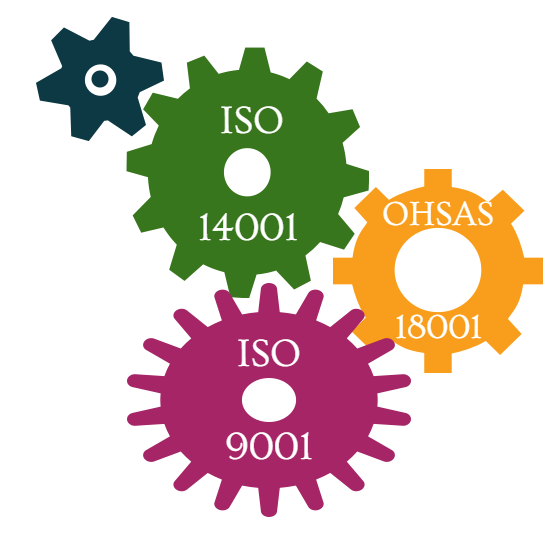Change Country

-or-
An integrated management system (IMS) refers to the seamless integration of several different standards into a common system that meets the requirements of each of the standards. This allows the organisation to work as a single unit with unified objectives.
When integrating several standards into one system the organisation needs to take certain things into account:

Integrated Management System
While it can be tedious to meet the needs of the various management system standards in a unified system and many companies use it as a panacea of all ills as they feel it will make their systems leaner and more efficient. If done correctly an IMS can be very valuable to the implementing organisation. Some of the benefits of an IMS include:
The initial implementation of an IMS will require a significant amount of resources such as time and effort in terms of training staff and conducting internal and external audits. The degree and effectiveness of the integration will also depend on the structure of the organisation. For example, in certain organisations different departments may handle different management system standards, e.g. environment and quality. For the benefit of the IMS these departments should work more closely together to ensure the successful implementation of the system. Constraints may arise here due to experience, educational background or the effectiveness of the team.
Competency may also be another restraining factor when it comes to implementing an IMS. This may become a limiting element of the implementation when organisations begin to extend the scope of the IMS to include other standards such as ISO 22000 or ISO 27001. Issues with competency arise when the person responsible for one standard is asked to handle another standard that is outside of their capabilities or experience meaning that the standard may not be integrated completely accurately.
Integrated Management Systems may also be written in a language that can be difficult to understand. Organisations implementing an IMS for the first time may find this somewhat daunting but ISO have published guidance documents for environment, quality, food safety and information security management systems, which explain each ISO requirement in easy-to-read language and provides examples of how they should be implemented. There are also similar OHSAS documents in place for implementing health and safety.
An effective IMS can be of key importance to an organisation in facilitating trade and promoting sustainable development as well as adding value to the business.
View details of our Integrated Management Systems training course here
Blog submitted by our IMS tutors, Antaris – Guest blog written by Ajay Sachdeva, CGAS, India
Sources
Sign up to receive the latest industry and company news direct to your inbox.